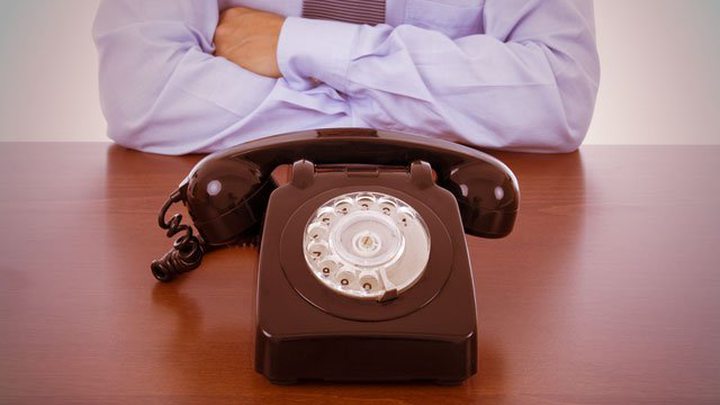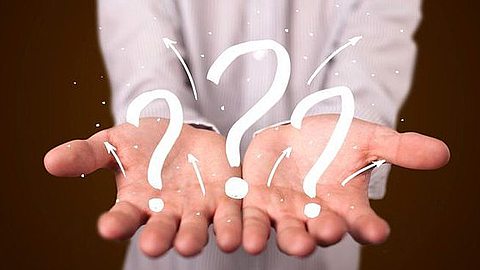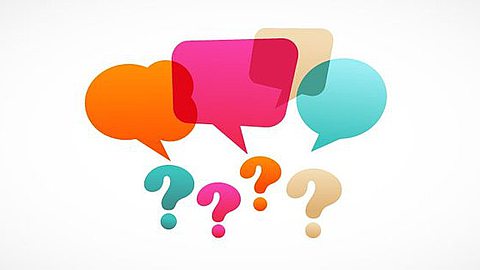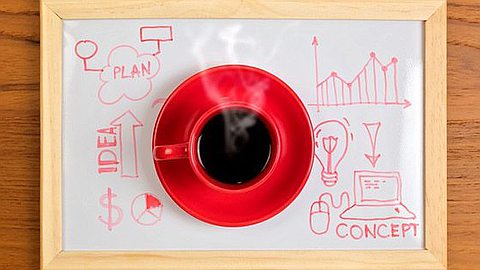How to Follow Up on a Job Interview (Without Being Annoying)

A friend of mine is currently in this position, and asked me how I'd word a follow-up email. When I tried to come up with something, I realized I hadn't written one in many years and my skills were a bit rusty. So, I asked the internet for some help and got some good advice. Most agreed on a very simple process.
Send a Thank-you Note Immediately After the Interview
Most people suggest sending a thank you note right away, via snail mail, as it takes a few days to arrive and serves as a positive reminder to get back to you. My sister, Ali, had a few good suggestions for its content:
- I almost always will send snail mail to thank them for their time and let them know how nice it was to meet them. I say (if I believe it to be to true) what a nice environment they created for the interview/audition. And I say simply at the end, "I hope to see you again soon."
It's pretty simple, but very effective. The problem with calling or writing to ask for more information is that you're essentially reminding them that they forgot to do something. Although it is legitimate to send this reminder, there's a decent chance they'll be annoyed that they have to deal with you (if they didn't like you) or at least feel bad for ignoring you (if they did). A thank you note is simply a polite and positive reminder that you exist. It will help your interviewer(s) want to get back to you.
Send a Short, Polite Email to Check In
When you've finished your interview, you'll often be told when you can expect to hear back. If not, that's a question you should ask before the conversation is over. If that amount of time passes and you haven't heard anything, it's reasonable to call or write to check in. An email is less-intrusive and won't put your interviewer on the spot, so it is generally a better way to ask the question. David Hill suggests that email contain two things:
I usually confine it to email and make it a quick note - thank them again for the interview and ask if there's been an update/any movement on the position. If they respond, you can usually get a feel for whether you're annoying the shit out of them.
Deanna Parkton suggests asking the interviewer if they need any additional qualifications or information so your message has an additional, helpful purposes as well.
Regardless of what you decide to do, be sure to keep it short. Here's an example (based on a suggestion from Lifehacker intern alumni Aaron Martin):
- [Interviewer],
I just wanted to follow up in regards to my interview on [date — or "last week"]. Do you have an update, or do you need any further information from me? Please let me know when you have a free moment.
Thank you,
[Your Name]
Of course, this might be a bit formal. You'll want to make the note sound like you and be as formal or casual as is appropriate for the situation. Either way, the content is pretty straightforward and only takes a few seconds to put together.
It can be a little nerve-wracking to ask for an update when you were supposed to hear back, as it feels like you're asking for bad news, but that isn't always the case. If you get bad news, there will be other job opportunities, but sometimes you'll find out that the company needed an extra day because another interview was postponed or they simply haven't had time to get back to everyone. You never know, and that's why you ask.





